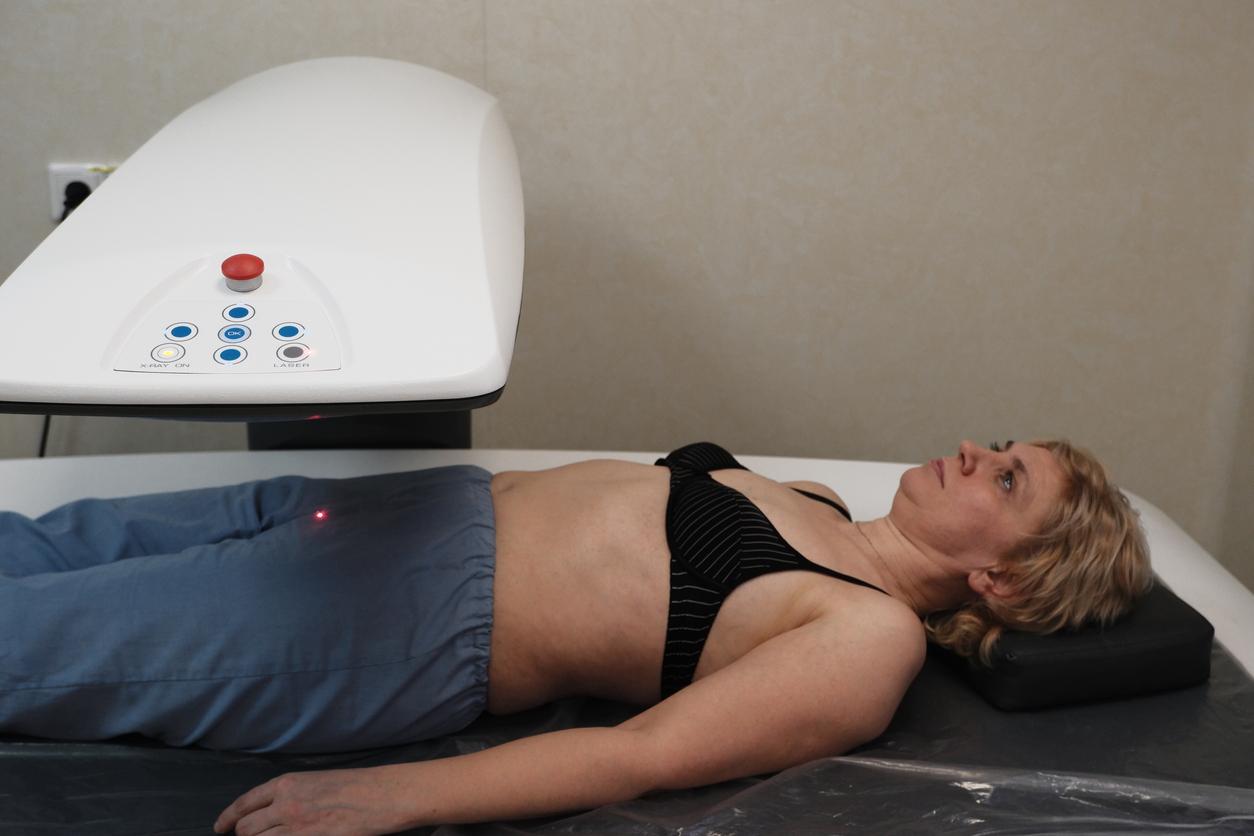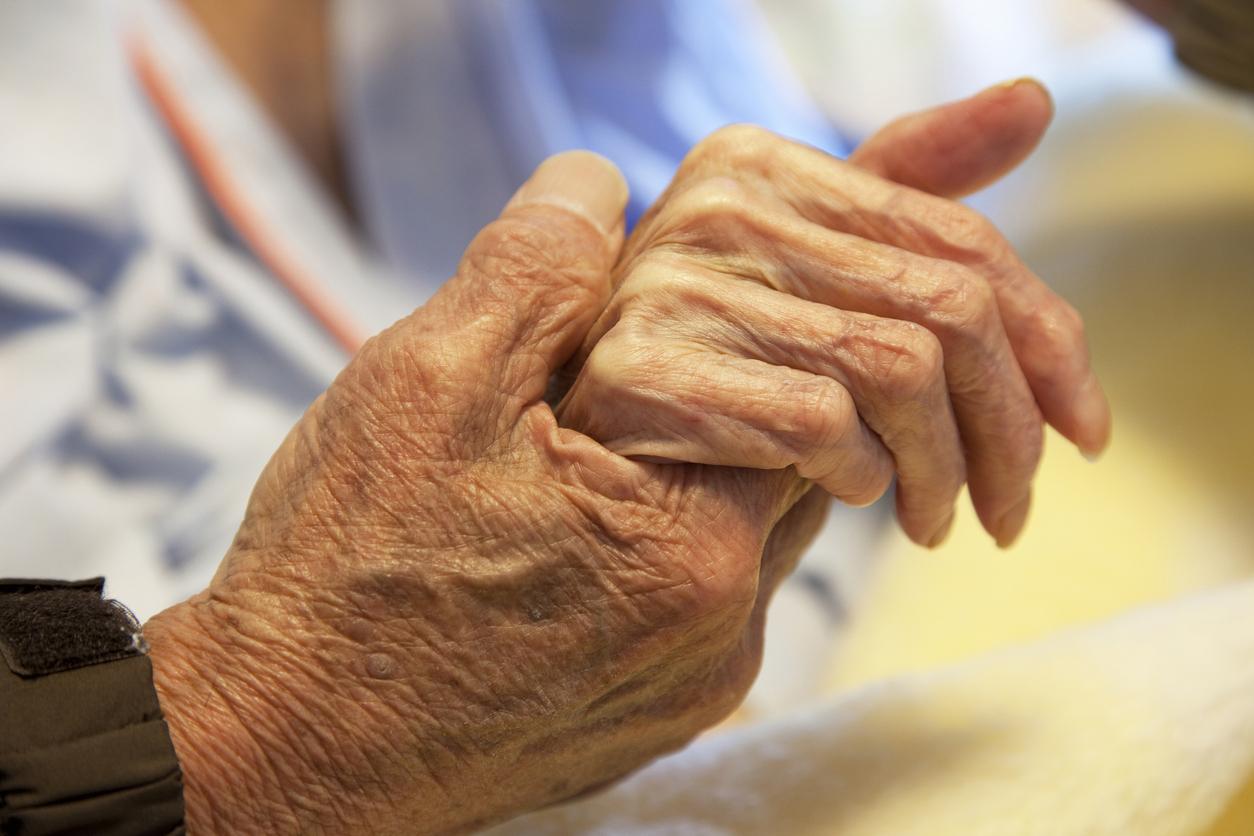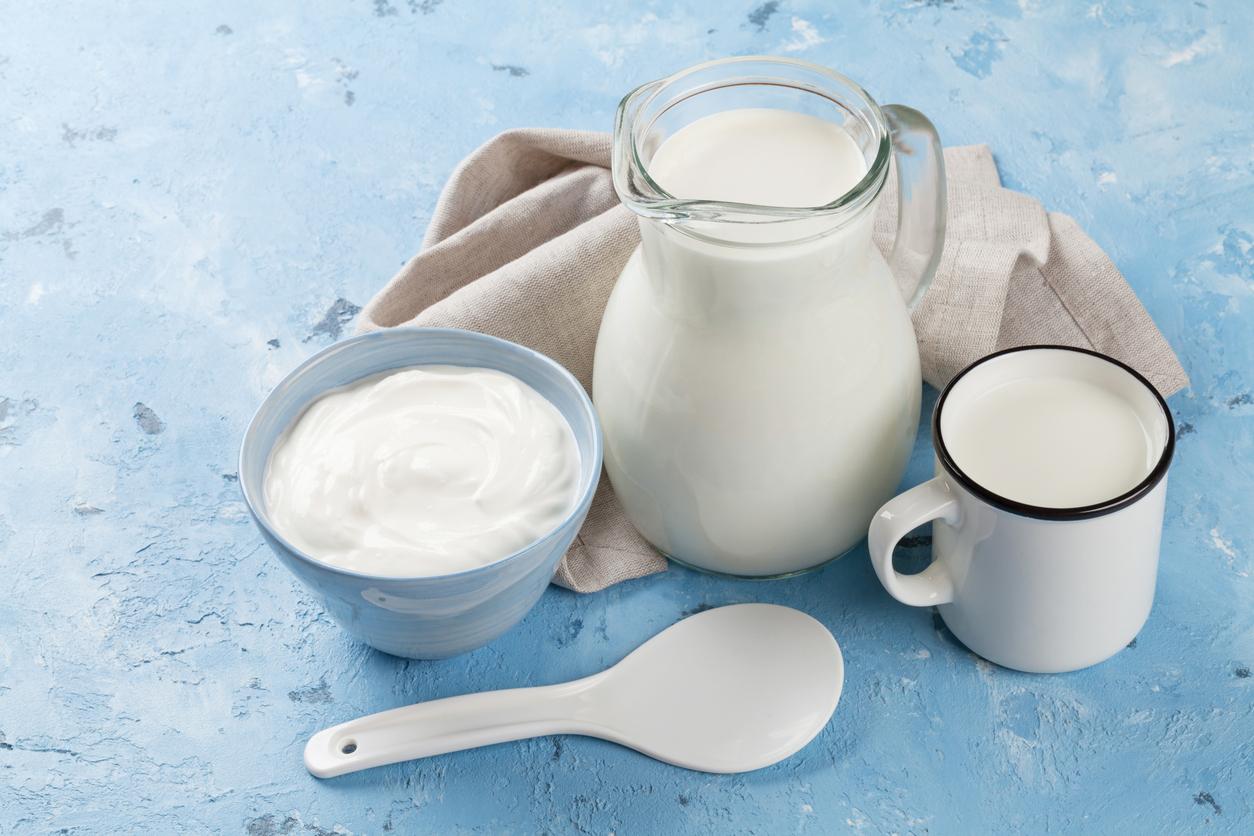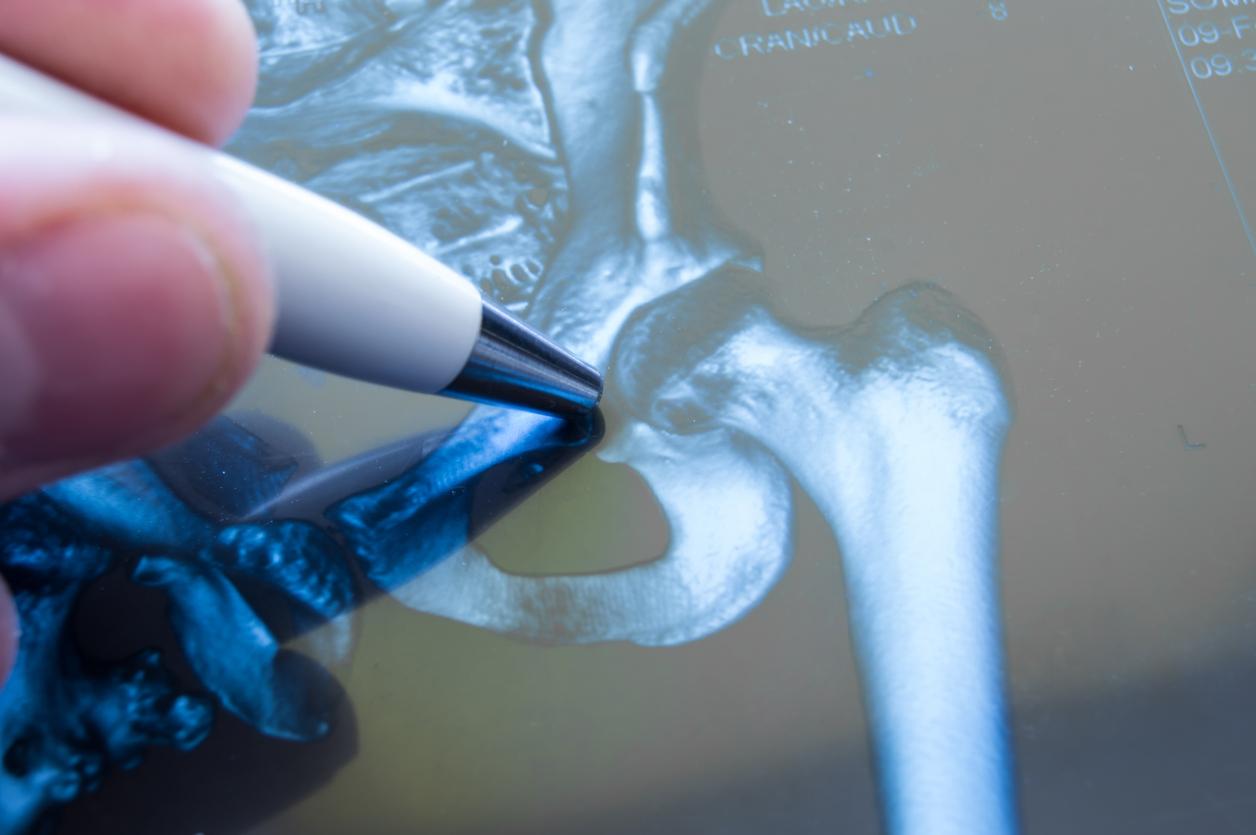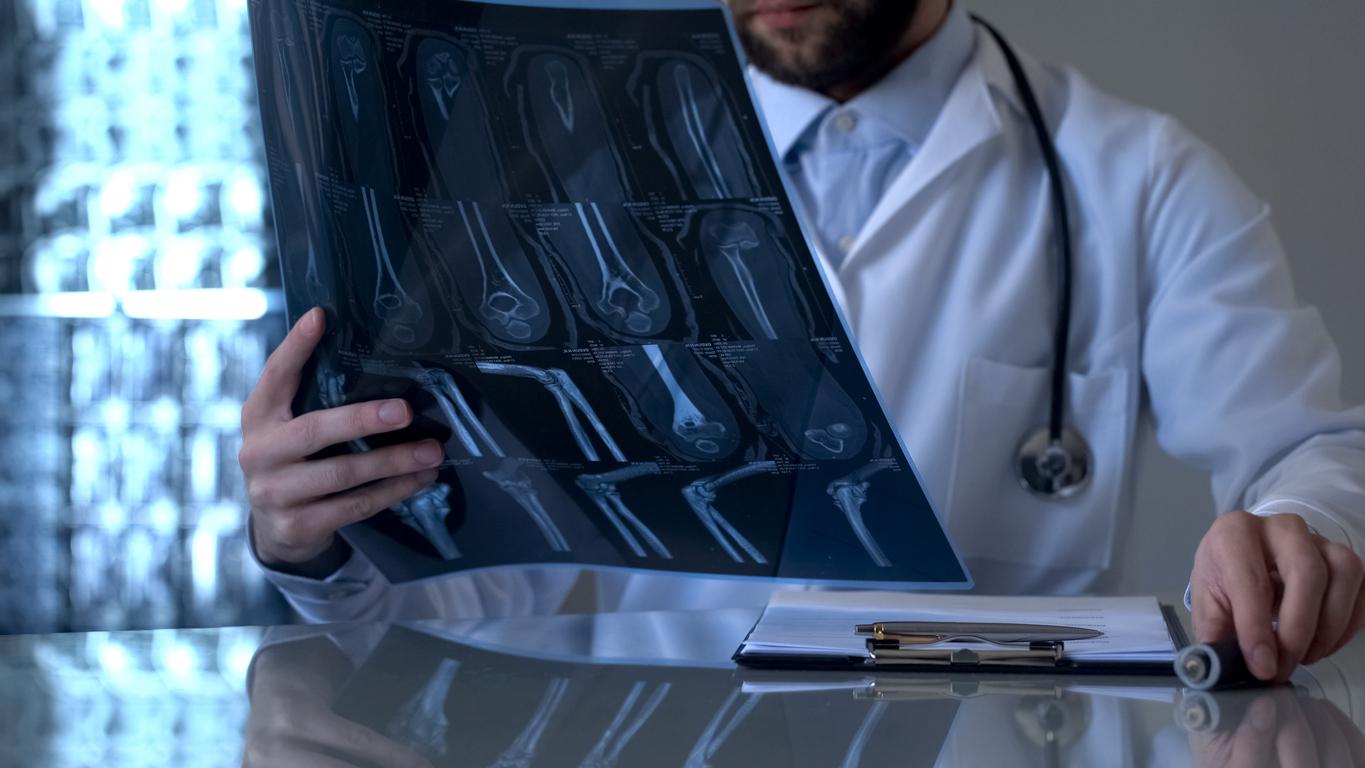A study published in the British Medical Journal would prove that a large consumption of milk increases the risk of fractures and even the death rate.
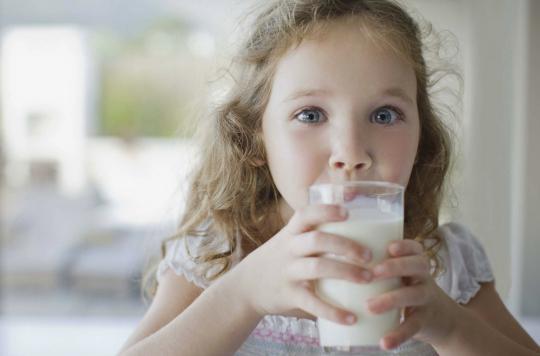
For years, we have been told that we need to drink milk to be healthy and to strengthen our bones… Have we been lied to? A new study seems to show the opposite: drinking lots of milk promotes fractures, according to a study published today in the British Medical Journal.
“Our results could call into question the validity of the recommendations which recommend consuming large quantities of milk to prevent fractures”, explain the authors of the study.
To arrive at these results, a team of Swedish scientists analyzed the eating habits of 61,400 women between 1987 and 1990 and 45,300 men in 1997, then monitored their health for the next 20 years. The participants thus had to indicate the frequency with which they consumed milk, yoghurts, or even cheese.
Increased intake of D-Galactose
During the 20-year follow-up of the study, women who drank more than three glasses (or 680 mL) of milk per day would have been more likely to be victims of fractures – of which 50% of risk of more fractures of. hip – than those who drank less than a glass of milk per day. Professor Karl Michaelsson, who led the study, adds that: “Women who drank three or more glasses of milk per day were three times more likely to die. […] than those who drank less than one per day. “
The study adds that while the results are clearer in women, men were also more likely to die if they drank a lot of milk. For the authors of this study, these results can be explained by the fact that the large consumption of milk increases the intake of D-Galactose (which produces lactose, the sugar in milk), which causes, among other things, oxidative stress, chronic inflammations etc. which would weaken the bones and could even lead to death.
A year ago, researchers at Harvard University in Boston came to similar results: after following adolescents for 22 years, they found that drinking milk between 13 and 18 had increased height. adults. But, they did not find a lower risk of hip fractures in people who drink milk compared to others. It was even the reverse in boys, since each daily glass of milk was associated with a 9% increased risk of hip fractures. The authors hypothesized that this risk was precisely linked in part by the increase in height.
“We cannot conclude that milk increases fractures”
“These studies must be taken with great caution: they are observational studies which only show a statistical association between the consumption of a food and an increased risk of pathology”, analyzes the Prof Patrice Fardelone, head of the Rheumatology department at the University Hospital of Amiens.
Listen to Prof. Patrice Fardelone : ” In any case, we can not deduce a causal link. For the moment we cannot conclude that milk increases the number of fractures. “
As René Rizzoli, professor emeritus at the University of Geneva, reminds us: “We need 800 to 1000 mg of calcium per day. Consuming more of it is not at all sure that it is beneficial, but consuming less of it, we know that it is not good ”.
Listen to Prof. René Rizzoli, professor emeritus at the University of Geneva : “ There are populations that are at very high risk of malnutrition and in these conditions, dairy products can be a good source of compensation. “
Dairy products are indeed rich in calcium, but also in proteins which are particularly important in the elderly. Although the results of the study should be taken with caution, they still have cause for concern. Therefore, should you reduce your daily milk consumption?
Listen to Prof. Patrice Fardelone : ” You have to vary the origins of calcium: maybe drink a glass of milk, eat cheese, eat dairy products, why not drink water or plants rich in calcium. As in all things, he will eat a little of everything and in average quantities “.
In the study published in the BMJ, the results show that if cheeses and yogurts are taken into account, there is a decrease in mortality and the risk of fractures, especially in women. A good advocate for those who favor a rich and varied diet. And other studies have shown the beneficial effects of milk. The MONICA study thus proved that the consumption of milk had a beneficial effect on the cardiovascular level.
.









